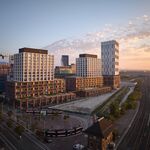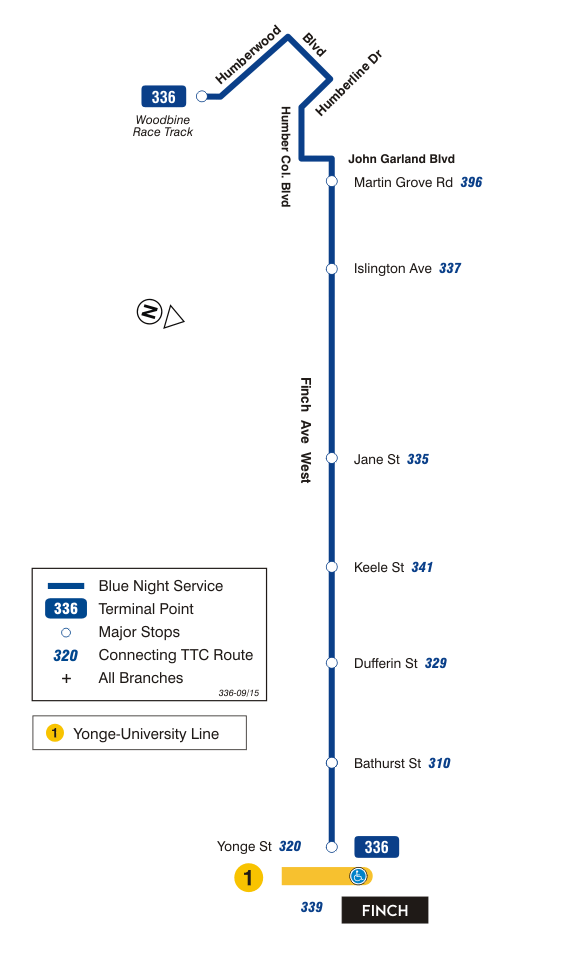What reason would the LRV's have to stop at every station? Even on the Crosstown, there are stop request buttons on the Flexity's for the surface section (Flexity's stop at all underground stations). The general streetscape of Finch West is just as barren as Eglinton East so I wouldn't imagine the LRV's would need to stop at every single stop, at least during off-peak. In regards to operating speeds, I'm a bit more optimistic since this is an entirely new line on a suburban artery. Finch West doesn't need to deal underfunded infrastructure and diamond track junctions as with the legacy system so it could give drivers the freedom to gun the throttle more often. I think the more significant hindrance to speed would be TSP coupled with, as you mentioned, the slower acceleration of LRV's. Since the Crosstown can't get proper TSP, I suspect the TSP on Finch would be even more water-downed given it's more in the heartland of suburbia.





